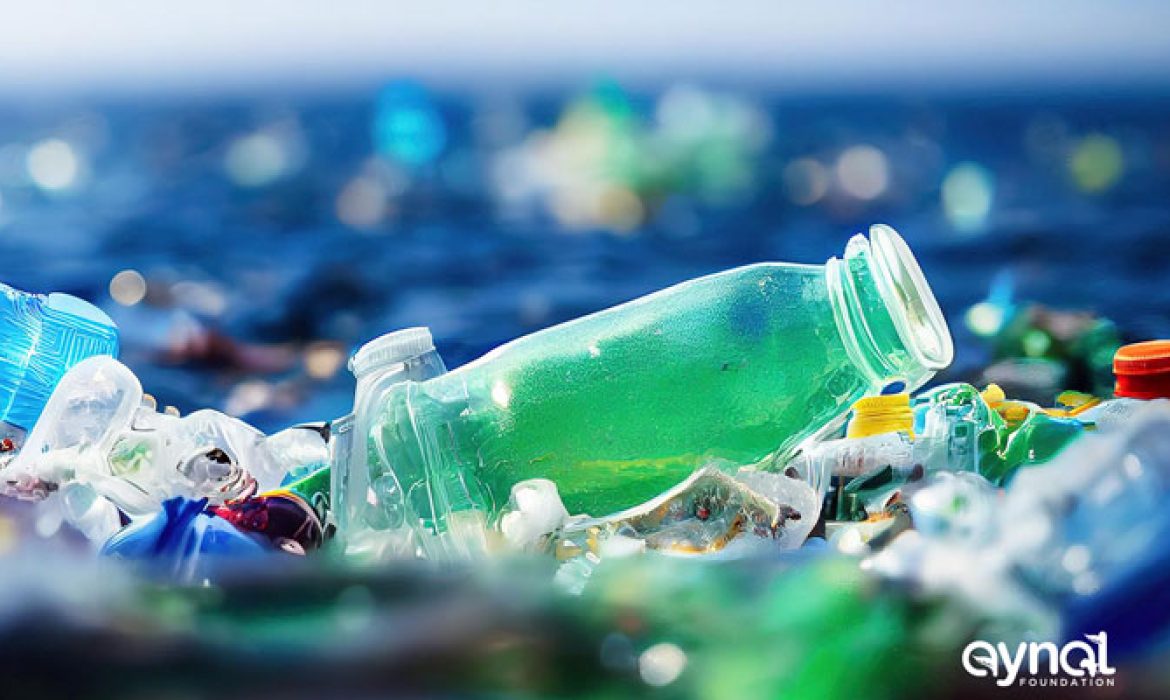The End of Plastic Pollution is Near
Plastic pollution is a major global environmental problem affecting humans’ and wildlife’s health and well-being. It has become a pervasive presence in our oceans, rivers, and even the air we breathe, and its negative impacts are being felt worldwide. However, despite these challenges, there is reason to believe that the end of plastic pollution may be near.
One key factor that could bring an end to plastic pollution is the growing awareness of the issue. In recent years, there has been increasing recognition of plastic’s environmental and health impacts, which has led to a growing movement to reduce plastic use and increase recycling. This has been driven in part by advocacy groups and media attention. Still, it has also been fueled by the efforts of individuals and communities worldwide who are taking action to reduce their plastic consumption and advocate for change.
Another factor that could help to end plastic pollution is the increasing number of policy and regulatory measures being put in place to address the issue. Governments worldwide are beginning to take action to reduce plastic use and increase recycling through measures such as bans on single-use plastics, extended producer responsibility programs, and incentives for the use of more sustainable materials. In addition, there are also growing efforts to address plastic pollution at the international level through initiatives such as the United Nations Clean Seas campaign, the Ocean Plastics Charter, and AYNAT’s Plastic Recycling & Innov8 Project.

A third factor that could help to end plastic pollution is the development of new technologies and materials that can help reduce plastic use and increase recycling. This includes the development of bioplastics and other sustainable materials that can be used as alternatives to traditional plastics, as well as new technologies that can help to improve the recycling process and make it more efficient. In addition, there are also growing efforts to develop new technologies that can help capture and remove plastic pollution from the environment, including using advanced filtration systems and other innovative approaches.
While these efforts are encouraging, there is still a long way to go in the fight against plastic pollution. Despite the progress made, plastic production and consumption continue to rise, and there are still major challenges to be addressed in reducing plastic use and increasing recycling. In addition, there are also concerns about the potential negative impacts of some of the alternatives to traditional plastics, such as the potential for bioplastics to compete with food production or to have other unintended consequences.
Despite these challenges, there is reason to believe that the end of plastic pollution may be within reach. With the right policies, technologies, and collective efforts, it is possible to reduce plastic use, increase recycling, and ultimately end this global environmental problem. While it will not be easy, the potential benefits for the environment and human health make it a goal worth striving for.




